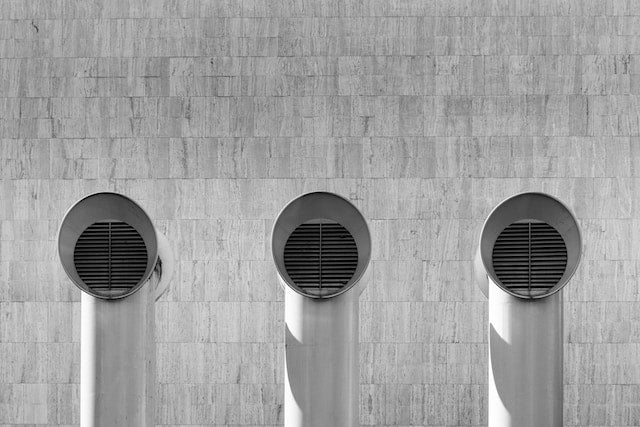Embarking on a boiler installation project? At Roberts Technical Services, we understand the critical factors that can make or break the efficiency and longevity of your boiler system. In this guide, we'll explore common pitfalls associated with boiler installations and provide insights to ensure your projects run smoothly.
Understanding Condensing vs. Non-Condensing Boilers:
One fundamental aspect of boiler installations is distinguishing between condensing and non-condensing boilers. The key lies in how they handle combustion byproducts. Non-condensing boilers forfeit 10% of heat, allowing it to escape through the stack. Attempting to condense a non-condensing boiler can lead to efficiency downgrades and premature wear. It's crucial to know your boiler type and operate it accordingly.
Venting Requirements:
Proper venting is essential for the safety and longevity of gas-fired boilers. Venting requirements vary based on factors such as boiler category, operational temperatures, and local codes. Here are some common mistakes to avoid:
-
Improper Vent Selection: Different boilers require specific vent materials based on their category and operational conditions. Consider condensation and pressure concerns when choosing vent materials.
-
Insufficient Combustion Air: Lack of combustion air can lead to rich combustion, decreasing boiler efficiency and causing operational issues. Prioritize combustion air considerations before sizing the exhaust system.
-
Excessive Elbows and Vent Runs: Too many bends and long vent runs create additional static pressure, hindering the removal of flue products. Minimize fittings for optimal boiler performance.
-
Improperly Sized Vent: The outlet pressure range of the boiler is crucial for exhaust system sizing. Oversized or undersized vents can lead to ignition failure, flame issues, and derated boilers.
-
Poorly Supported Vent Pipe: Proper support is vital to withstand thermal expansion and contraction. Sagging vent pipes in condensing applications lead to corrosion and failure. Ensure proper support to prevent issues.
-
Contaminated Combustion Air: Contaminants in combustion air can compromise boiler performance. Vent combustion air directly into the boiler or ensure a contaminant-free environment.
-
Negative Boiler Room Pressure: Negative pressure in the boiler room is a code violation. Ensure pressurization to guarantee proper firing and venting of the boiler.
-
Common Venting Multiple Boilers: Common venting systems can create safety risks and reduce boiler efficiency. Confirm with the manufacturer if common venting is permitted and consult industry experts for design.
-
Failure to Meet Code: Familiarize yourself with all applicable codes and the boiler's Installation and Operation Manual (IOM) to avoid red tags and project setbacks.
Navigating boiler installations requires attention to detail and adherence to industry best practices. At Roberts Technical Services, we are committed to supporting contractors in achieving successful boiler projects. By understanding the nuances of boiler types, venting requirements, and code compliance, you can ensure efficient, safe, and code-compliant installations. Contact our experts for personalized guidance on your next boiler installation venture.

